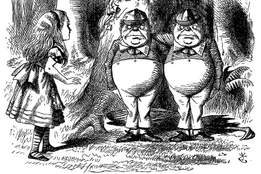feigned; feigning; feigns
1
feigner
noun
Love words? Need even more definitions?
Merriam-Webster unabridged











Share